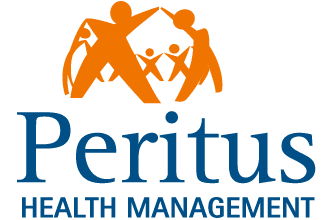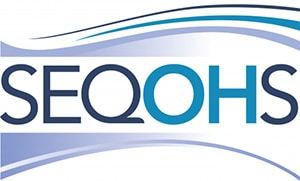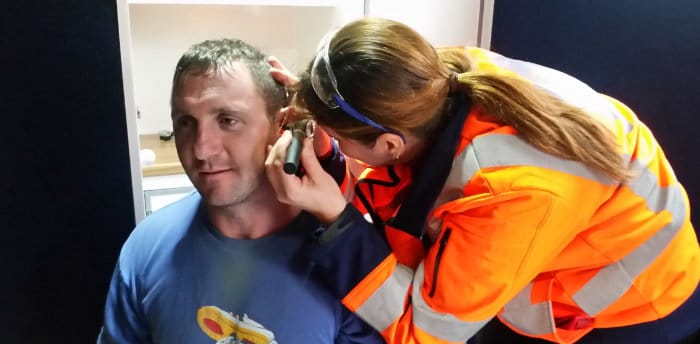Its Deaf Awareness Week 6 – 12 May 2024 and a good time to consider how changing the way we work may negatively impact on colleagues who have hearing loss or are deaf. With more than half of deaf people and people with hearing loss feeling reluctant to discuss it with their employer, it is important to learn more about hearing loss to help employees overcome communication barriers and help them fulfil their potential.
Claire Lavery, Associate Director at RNID, a national charity who support people who are deaf, have hearing loss or tinnitus, suggests that ‘Organisations need to normalise discussion about hearing loss’.
But what can you do to make your workplace more inclusive?
Advice on what technology, training opportunities and communication support can help is available on the RNID website.
Check your hearing to see how well you can hear speech when there’s background noise and if you need to see someone about your hearing in just 3 minutes with the RNID’s free online hearing test.
Noise induced hearing loss, mental health and dementia
Noise induced hearing loss is linked to higher rates of depression and loneliness.
Mild noise induced hearing loss doubles the risk of dementia whilst severe Noise Induced Hearing Loss increases the risk factor of five times.
Hearing loss in middle age increases the dementia risk by 9% and is the highest modifiable risk factor for the condition.
For more information visit the British Safety Council website.
Prevention of noise-induced hearing loss
Hearing loss caused by noise hazards at work is preventable but once your hearing has gone it won’t come back. Compliance with the hierarchy of control identified in the Control of Noise at Work Regulations (CNWR) is the most efficient and effective way of ensuring hearing conservation and legal compliance.
To support legal compliance we offer:
- Review of work activities and noise exposure times
- Occupational noise assessments with static and personal dose monitors
- Comprehensive report detailed with practical control solutions and action plan
- CNWR compliant hearing surveillance delivered at your site in our bespoke screening vehicles which are fitted with a sound attenuation booth
- Interpretation and explanation of results directly to your employees and an individual outcome report
- Anonymised report of surveillance outcomes to feedback into your risk management process
- Continuous specialist support with your health risk management journey
- Free telephone advice



